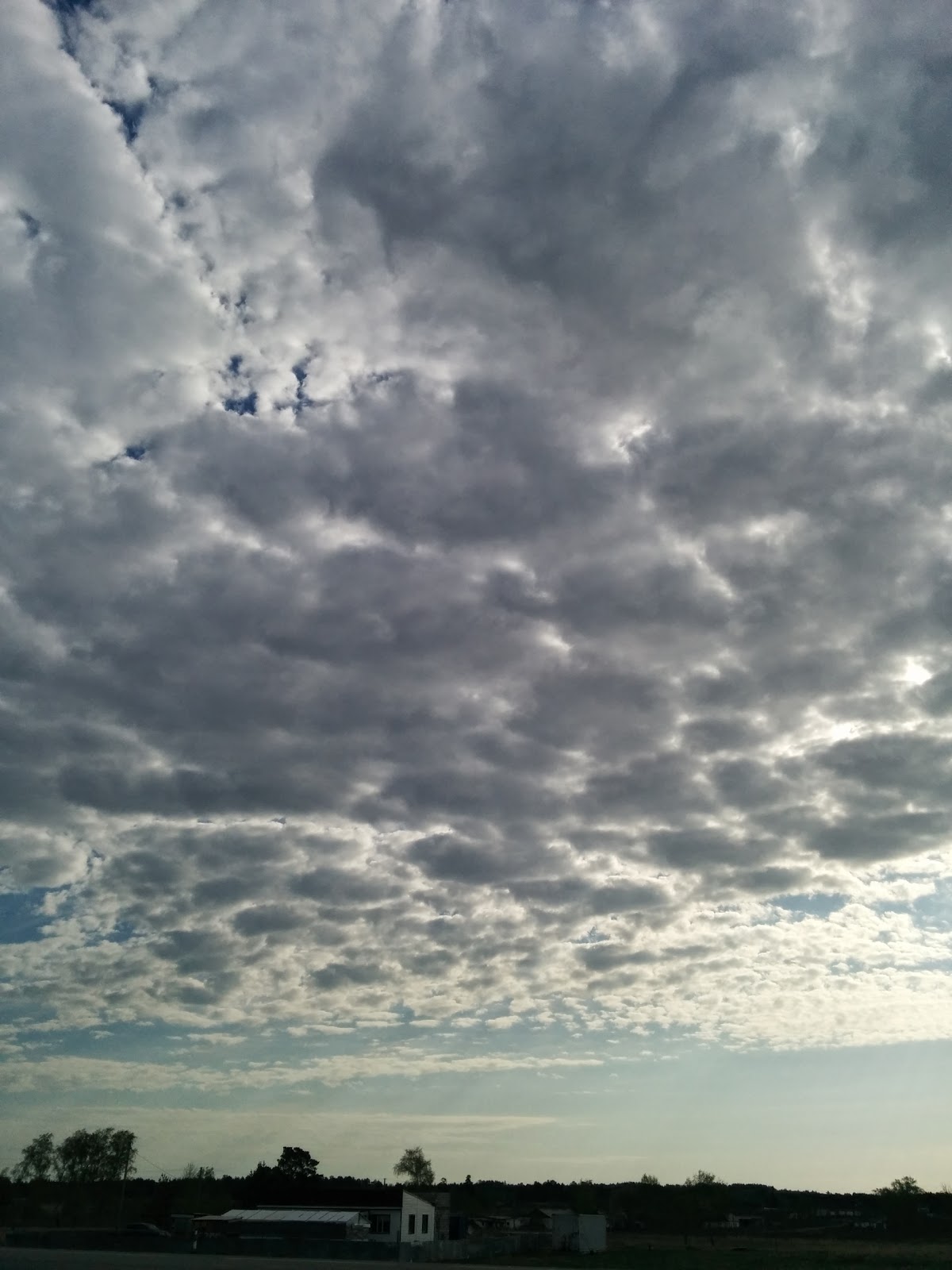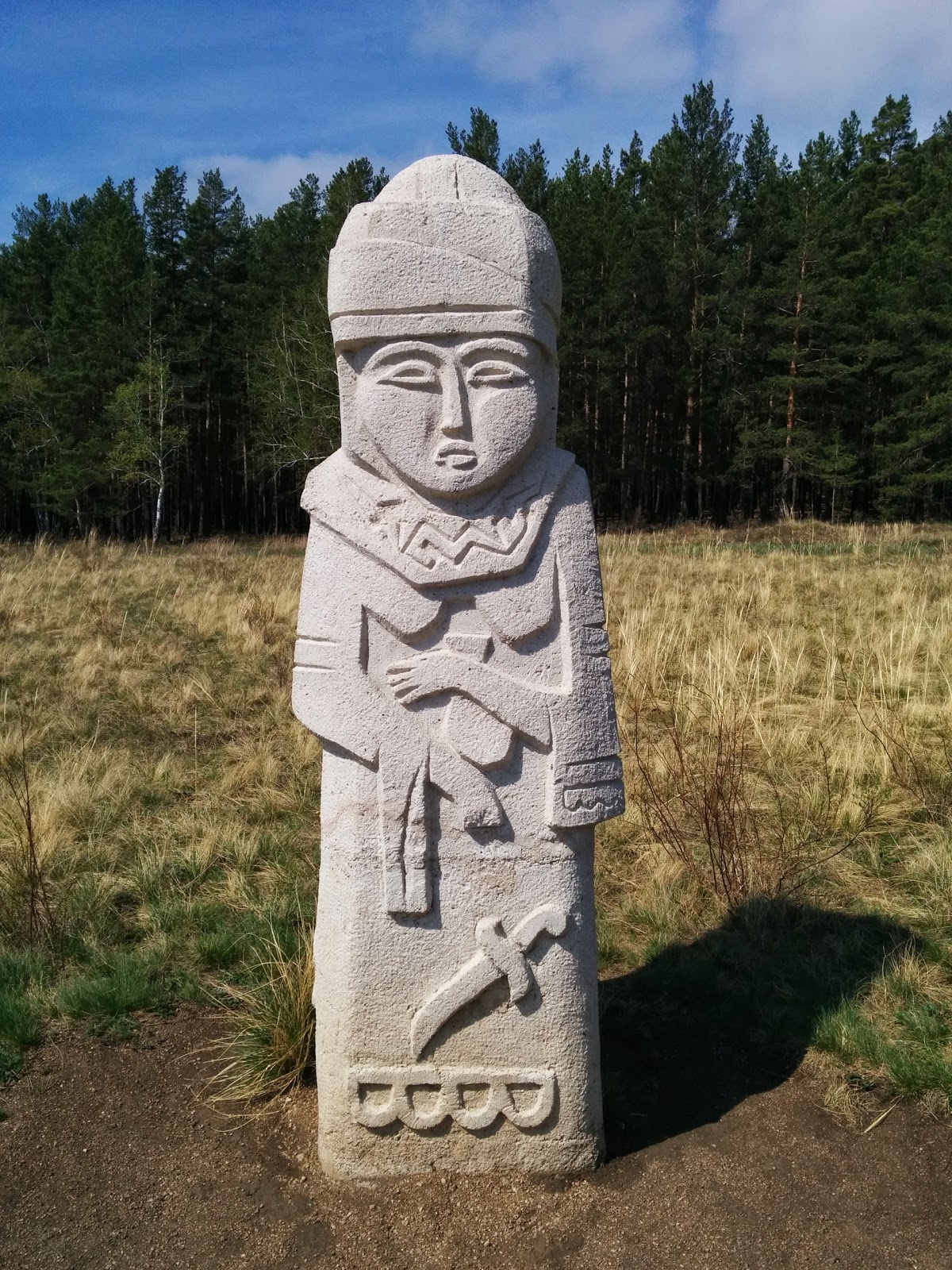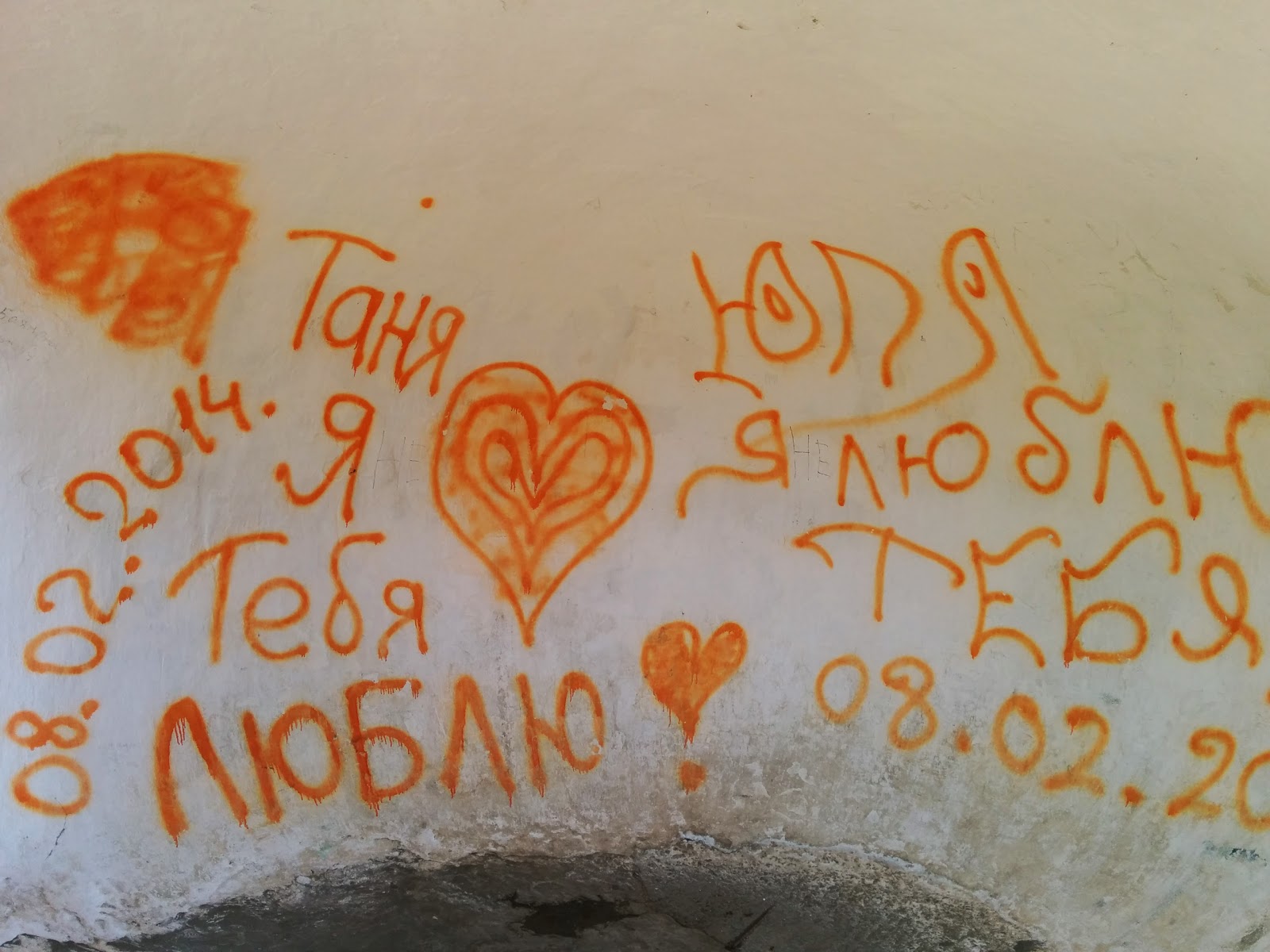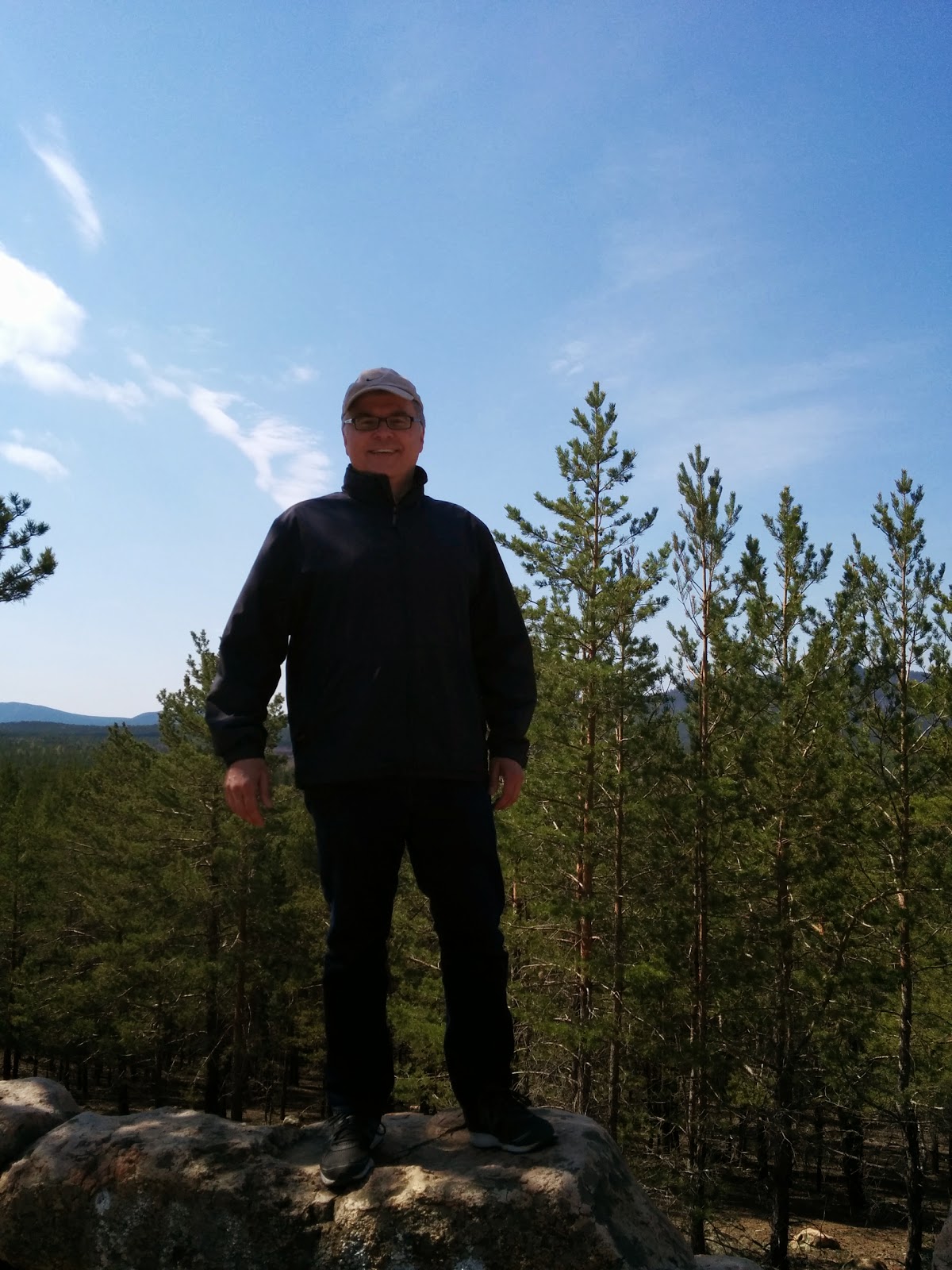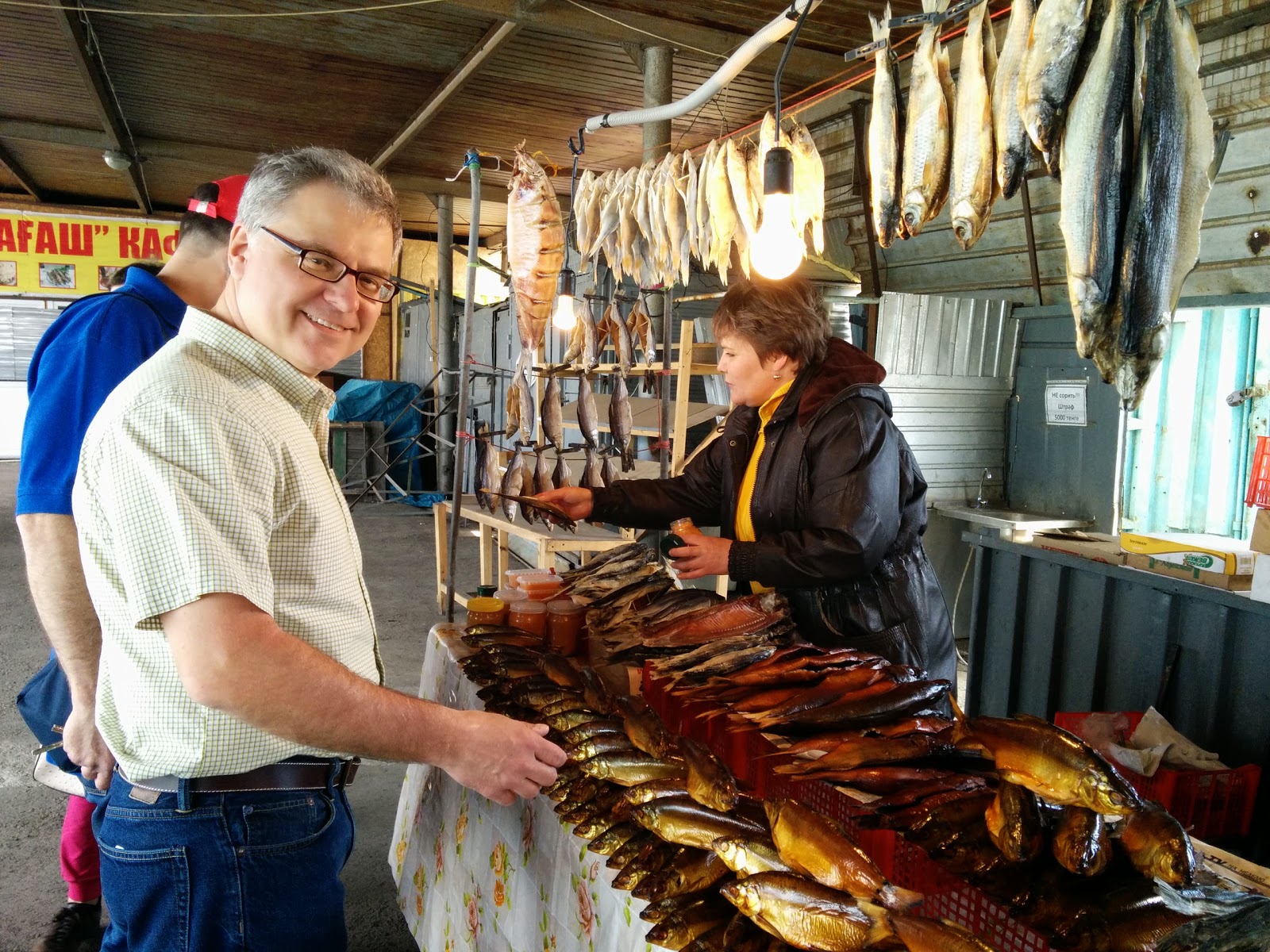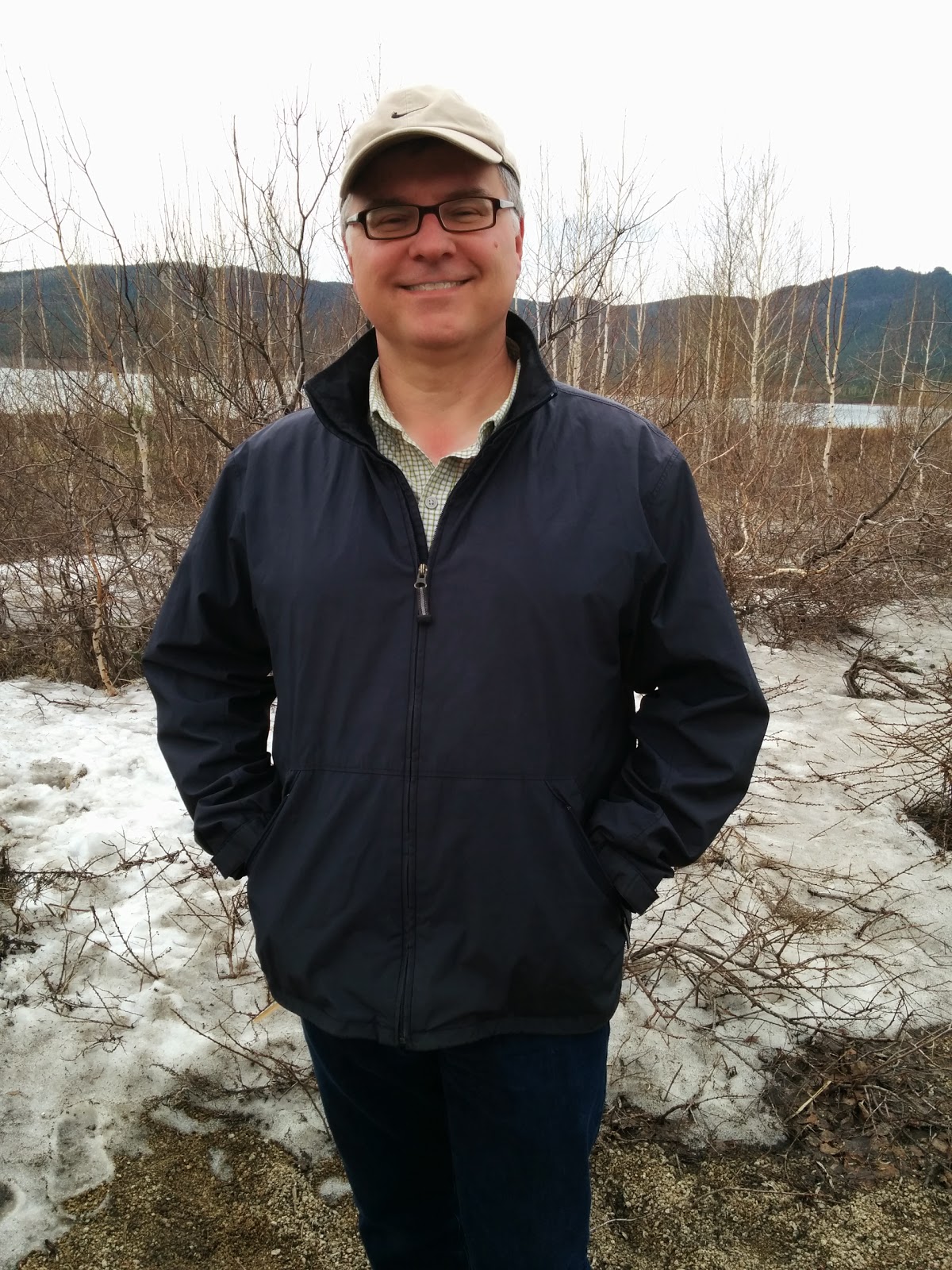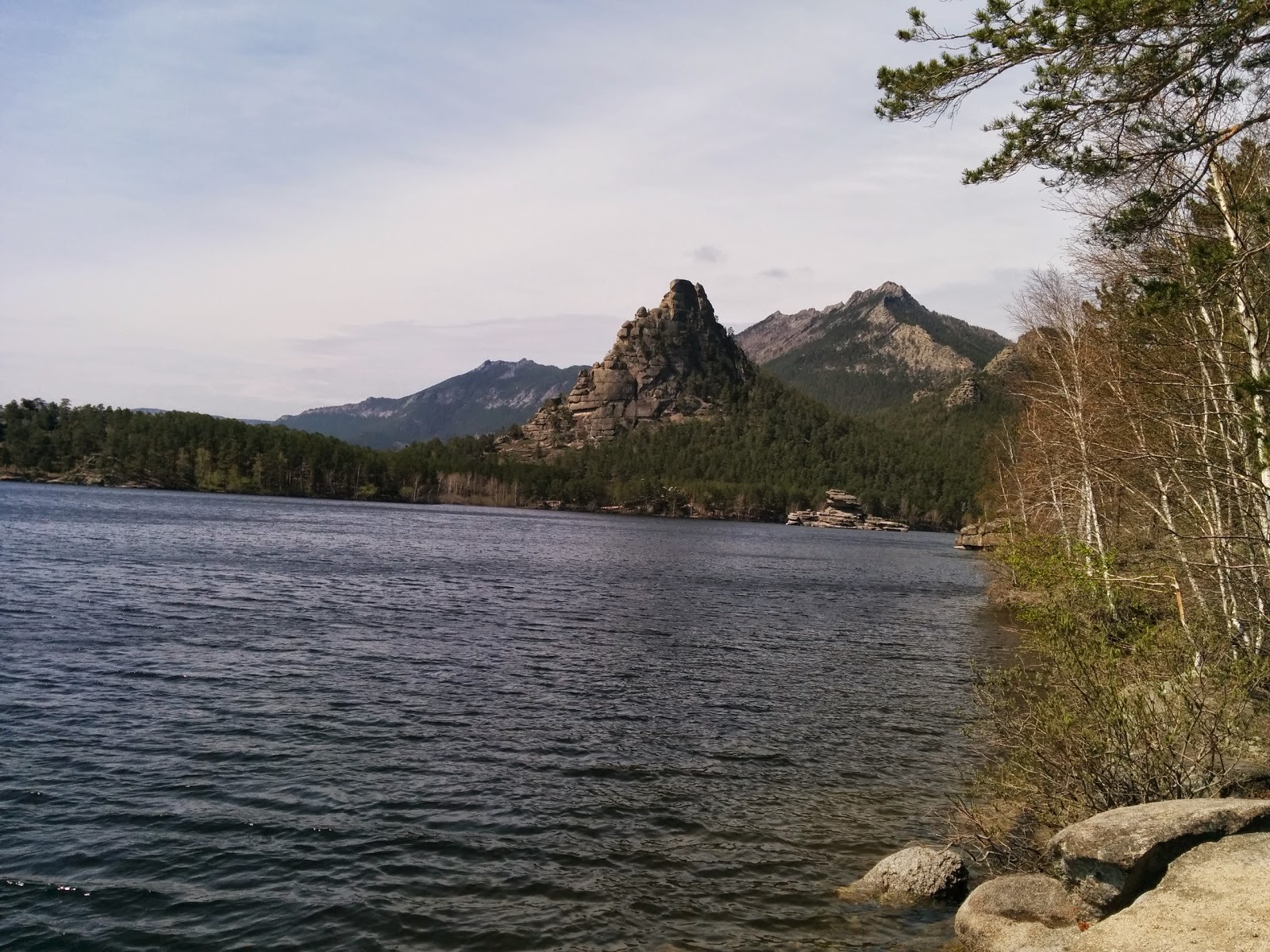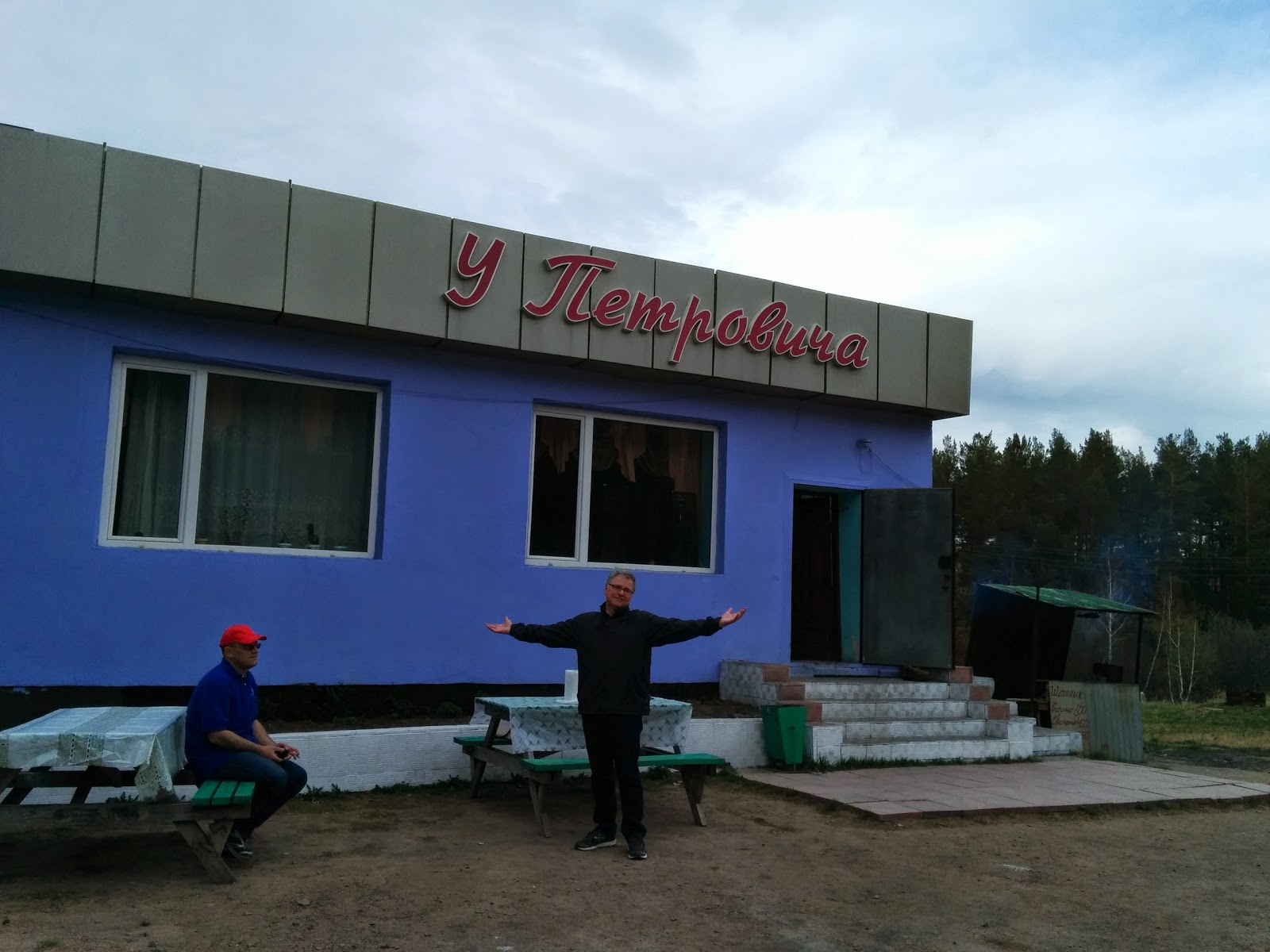Written by Kevin
[Updated below]
Should have taken a shower, washed the dishes and started the laundry last night.
Should have taken a shower, washed the dishes and started the laundry last night.
Did we miss the signs? Or were they posted in our lobby or elevator in Russian and/or Kazakh that we still can only barely read? We just learned that our entire neighborhood will be without hot water until Thursday. The next couple days are our turn in the annual, routine leak testing of Astana's centralized hot water mains. (That's right Americans, the government controls the hot water supply!) Luckily we're not in the district that also loses their electricity tomorrow.
We've had very little trouble with electricity in Astana. It has been dependable and the only outage I can remember lasted less than a couple of minutes. Our water supply less so. First, notwithstanding the city's assurances, the potability of tap water is not definitive. Bottled water is sold everywhere. Most people we know drink bottled, distilled or filtered water. We use the latter method thanks to a unit under our counter that filters and stores water which is then distributed through a separate tap on our kitchen sink. A local friend inspecting our unit tells us it uses four filters. This is particularly useful for quick access to drinking water and for washing fresh produce. It's especially appreciated looking back on our original apartment where we used boiled or bottled water to wash our food. We do brush our teeth with tap water and so far have felt no ill effects. A handful of times we have had our water supply interrupted for up to a day. Often this was followed by the need to run the taps for several minutes before the water ran clear again. I've always found the water here has a different aroma than what I was used to in the United States although I don't know why. Perhaps a different disinfection chemical?
Hot water is a big deal in Kazakhstan. Heating in this harsh winter climate is done through Soviet style centralized pipes (recently mostly buried) that distribute hot water to home and apartment radiators from a central boiler facility so summer leak testing is very important. This "district heating" system is seasonal and operates from approximately October through May. In fact, Astana boasts of burning one million tons of coal last winter to provide heating throughout the city. The efficiency of this system is questionable. Much heat is lost in the piping network because of leakages and lack of proper thermal insulation.¹ Moreover, the heating is often overwhelming and because it cannot be controlled by a thermostat or a valve, it is normal to open or crack windows during even the coldest winter weather to cool down overheated rooms. Heating based on this model is billed by the city based on the home's registered floor space in square meters.
 |
| Above Ground District Heating Pipes |
Separate hot water lines (also supplied by the city) provide year round hot tap water for bathing, washing, etc. As a renter whose landlord pays the water bill, this provides us with genuinely endless supplies of hot water and no incentive to conserve. And that hot tap water is what we are missing on this 61° F (16° C) mostly cloudy July day in Astana.
Shall we boil water in our electric kettle for a bath?
Update: This afternoon the following sign belatedly appeared in our elevator advising that due to hydraulic leak and pressure testing our hot water will be turned off from 7 am today until midnight on July 31. That's 65 hours without hot water and with no advance notice. <sigh>
Update: This afternoon the following sign belatedly appeared in our elevator advising that due to hydraulic leak and pressure testing our hot water will be turned off from 7 am today until midnight on July 31. That's 65 hours without hot water and with no advance notice. <sigh>











